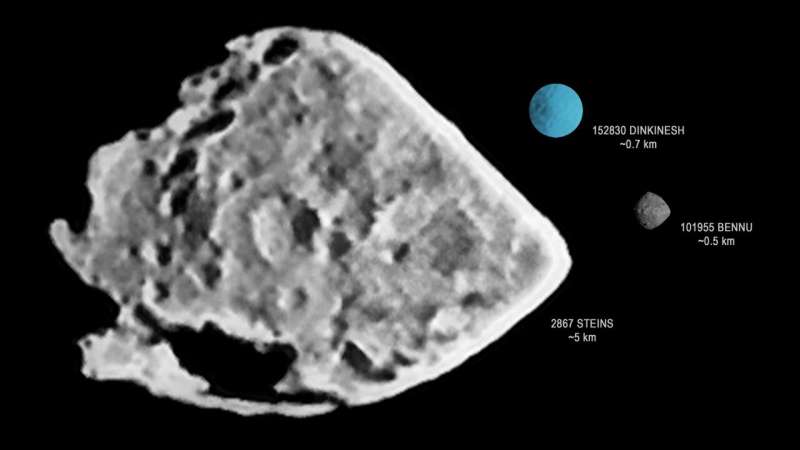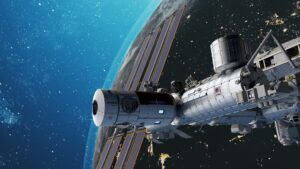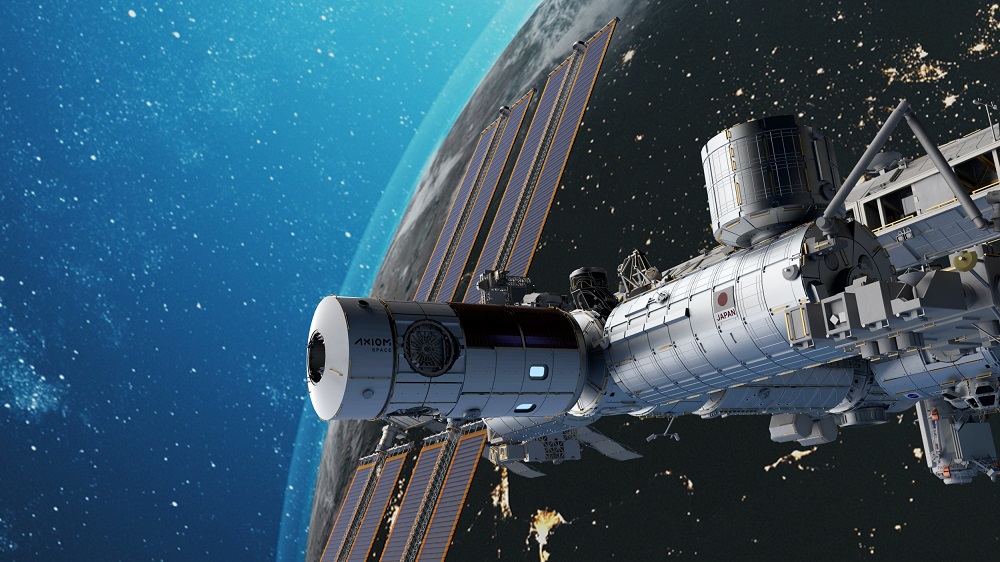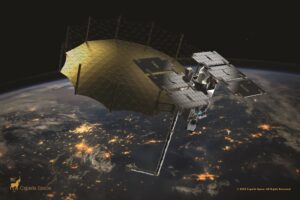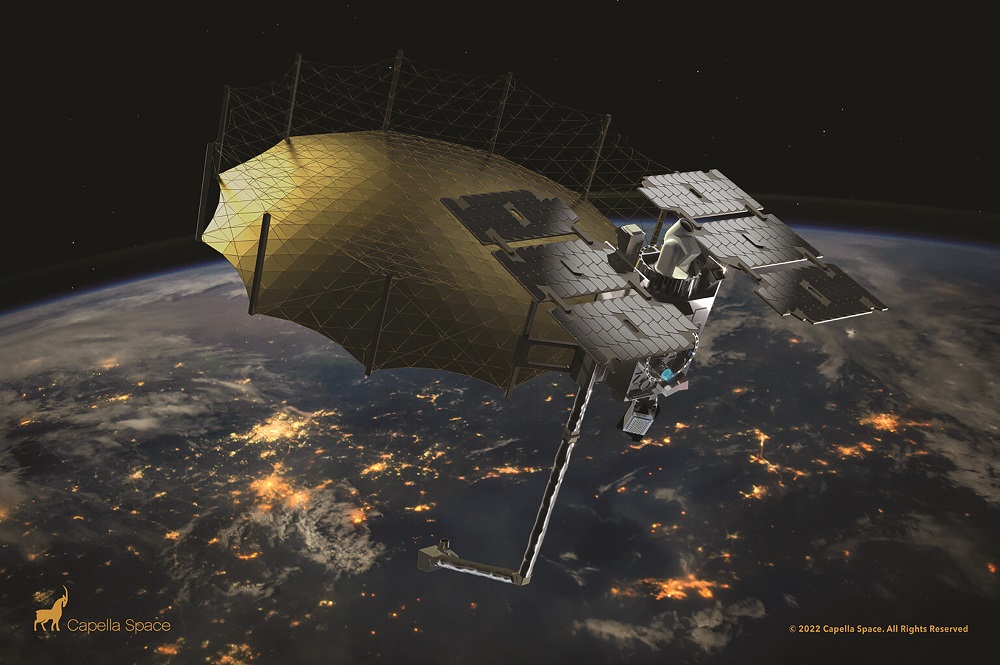India plans manned Moon mission, space station
Wednesday, 18 October 2023 08:57 India plans to send a man to the Moon and set up a space station by 2040, Prime Minister Narendra Modi said, as the country ramps up its space programme.
The premier's announcement comes as the world's most populous country readies for a key test flight due Saturday for its first crewed space mission.
Modi told space agency officials that they should "build on the success of Indian space
India plans to send a man to the Moon and set up a space station by 2040, Prime Minister Narendra Modi said, as the country ramps up its space programme.
The premier's announcement comes as the world's most populous country readies for a key test flight due Saturday for its first crewed space mission.
Modi told space agency officials that they should "build on the success of Indian space Experts advocate for greater international cooperation at China Space Science Assembly
Wednesday, 18 October 2023 08:57 The 3rd China Space Science Assembly, taking place in Huzhou city in East China's Zhejiang province, has become a forum for scientists to discuss the evolving landscape and emerging trends in space science. A dominant theme at the gathering has been the increasing call for international collaboration in space research and exploration.
Jean-Jacques Dordain, the former director-general of th
The 3rd China Space Science Assembly, taking place in Huzhou city in East China's Zhejiang province, has become a forum for scientists to discuss the evolving landscape and emerging trends in space science. A dominant theme at the gathering has been the increasing call for international collaboration in space research and exploration.
Jean-Jacques Dordain, the former director-general of th Study reveals how supernovae collisions ignite the birth of stars and planets in the north celestial pole loop
Wednesday, 18 October 2023 08:57 In a study examining the dynamics of neutral hydrogen gas within the North Celestial Pole (NCP) Loop, scientists have uncovered an unforeseen revelation - a collision between two supernova shells has yielded the essential conditions for the genesis of cirrus dust clouds, the precursors of stars and planets as well as interstellar molecular clouds, the fundamental components of life's building bl
In a study examining the dynamics of neutral hydrogen gas within the North Celestial Pole (NCP) Loop, scientists have uncovered an unforeseen revelation - a collision between two supernova shells has yielded the essential conditions for the genesis of cirrus dust clouds, the precursors of stars and planets as well as interstellar molecular clouds, the fundamental components of life's building bl Momentus to conduct in-space delivery for Polish nanosatellite maker SatRev
Wednesday, 18 October 2023 08:57 Momentus Inc., a U.S.-based commercial space company listed on NASDAQ under the ticker symbol MNTS, has entered into a contractual agreement with SatRev, a Polish nanosatellite manufacturer, for orbital transportation and delivery services slated for the first quarter of 2024. The arrangement involves the SOWA-1 payload, developed by SatRev, as the primary consignment to be ferried by Momentus.
Momentus Inc., a U.S.-based commercial space company listed on NASDAQ under the ticker symbol MNTS, has entered into a contractual agreement with SatRev, a Polish nanosatellite manufacturer, for orbital transportation and delivery services slated for the first quarter of 2024. The arrangement involves the SOWA-1 payload, developed by SatRev, as the primary consignment to be ferried by Momentus. Berkeley Space Center at NASA Ames to become innovation hub for new aviation, space technology
Wednesday, 18 October 2023 08:57 The University of California, Berkeley, is teaming up with NASA's Ames Research Center and developer SKS Partners to create research space for companies interested in collaborating with UC Berkeley and NASA scientists and engineers to generate futuristic innovations in aviation, space exploration and how we live and work in space. Announced Monday, the Berkeley Space Center aims to accommodate u
The University of California, Berkeley, is teaming up with NASA's Ames Research Center and developer SKS Partners to create research space for companies interested in collaborating with UC Berkeley and NASA scientists and engineers to generate futuristic innovations in aviation, space exploration and how we live and work in space. Announced Monday, the Berkeley Space Center aims to accommodate u DARPA launches TIAMAT Program to transform autonomous systems training
Wednesday, 18 October 2023 08:57 The Defense Advanced Research Projects Agency (DARPA) is taking a novel approach to the challenges surrounding the development of autonomous systems. In a departure from traditional high-fidelity simulations, DARPA experts theorize that utilizing diverse, low-fidelity simulations can speed up the transfer of autonomy from a virtual setting to the real world. Their new program, named the Transfer
The Defense Advanced Research Projects Agency (DARPA) is taking a novel approach to the challenges surrounding the development of autonomous systems. In a departure from traditional high-fidelity simulations, DARPA experts theorize that utilizing diverse, low-fidelity simulations can speed up the transfer of autonomy from a virtual setting to the real world. Their new program, named the Transfer Revolutionary atomic sensor redefines radio wave antenna
Wednesday, 18 October 2023 08:57 Physicists at the University of Otago have broken new ground by employing a glass bulb filled with atomic vapor to develop a novel type of antenna for radio waves. The research project was spearheaded by Dr. Susi Otto of the Dodd-Walls Centre for Photonic and Quantum Technologies, marking a significant advancement in the world of portable atomic radio frequency sensors.
The atomic vapor in
Physicists at the University of Otago have broken new ground by employing a glass bulb filled with atomic vapor to develop a novel type of antenna for radio waves. The research project was spearheaded by Dr. Susi Otto of the Dodd-Walls Centre for Photonic and Quantum Technologies, marking a significant advancement in the world of portable atomic radio frequency sensors.
The atomic vapor in NASA makes it easier to find assistive technologies for licensing
Wednesday, 18 October 2023 08:57 NASA develops a variety of technologies to explore space and beyond for the benefit of humanity. One measure of its success is the impact on the daily lives of millions of people with injuries and disabilities who are assisted with innovative treatments and products developed from NASA-derived technology.
After all, it was thanks to NASA's resources that Adam Kissiah, an electronics instru
NASA develops a variety of technologies to explore space and beyond for the benefit of humanity. One measure of its success is the impact on the daily lives of millions of people with injuries and disabilities who are assisted with innovative treatments and products developed from NASA-derived technology.
After all, it was thanks to NASA's resources that Adam Kissiah, an electronics instru DLR and NASA Collaborate to Advance Aircraft Aerodynamics Research
Wednesday, 18 October 2023 08:57 A collaboration between the German Aerospace Center (DLR) and NASA is set to redefine our understanding of commercial aircraft aerodynamics. Through advanced wind-tunnel tests, the joint effort aims to improve the predictability of aerodynamic features for future aircraft, focusing on making them quieter, more efficient, and less damaging to the environment.
Before an aircraft ever takes t
A collaboration between the German Aerospace Center (DLR) and NASA is set to redefine our understanding of commercial aircraft aerodynamics. Through advanced wind-tunnel tests, the joint effort aims to improve the predictability of aerodynamic features for future aircraft, focusing on making them quieter, more efficient, and less damaging to the environment.
Before an aircraft ever takes t Government funding blunts impact of private investment decline
Wednesday, 18 October 2023 02:31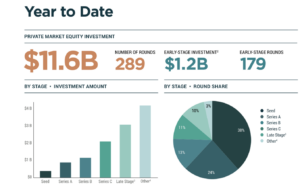
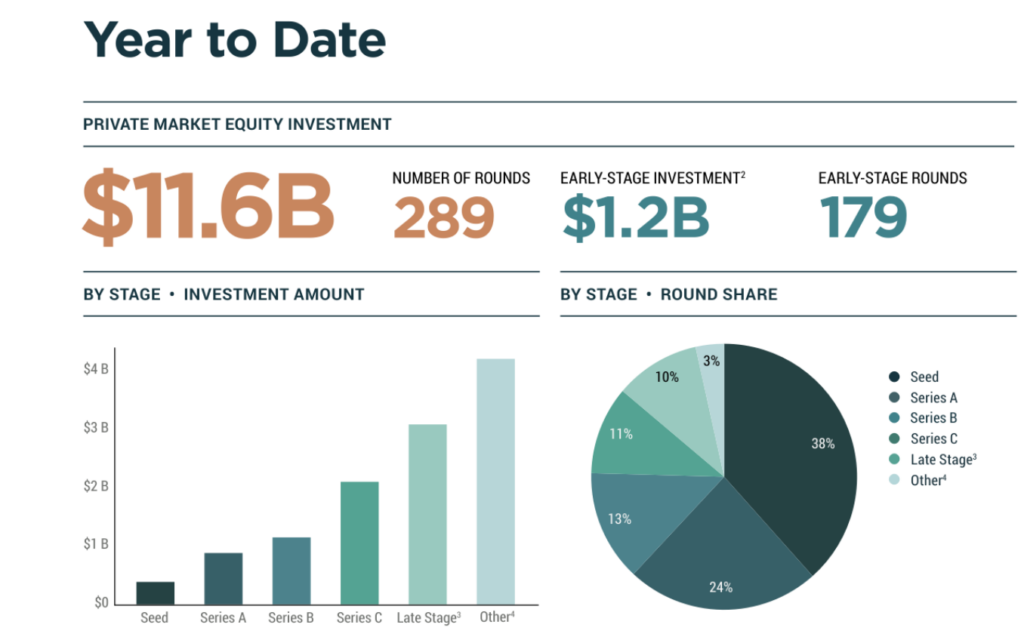
Space industry group turns up volume on satellite vulnerabilities
Tuesday, 17 October 2023 22:56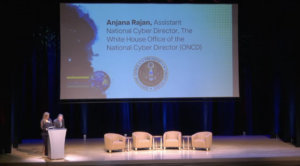
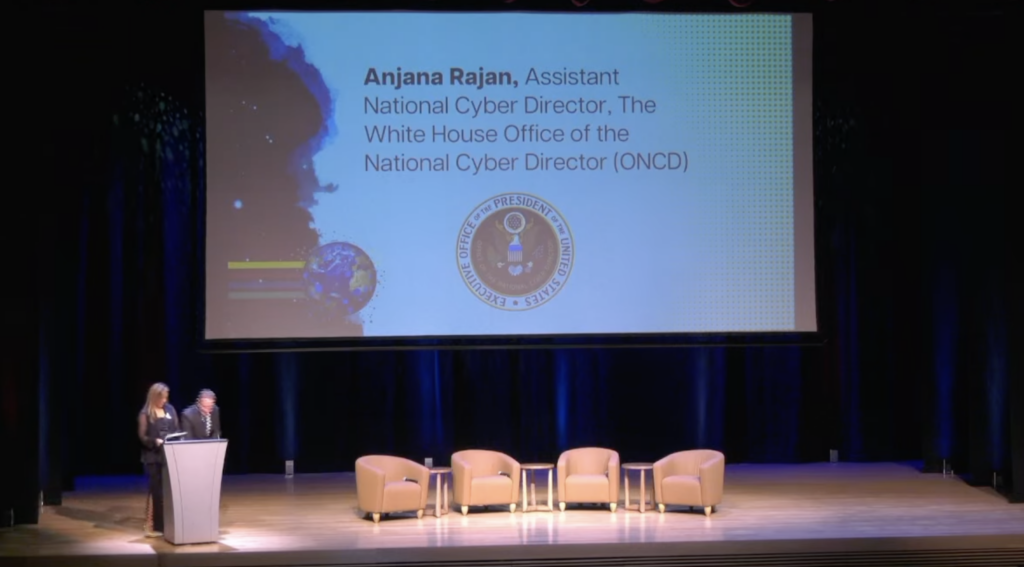
SpaceX launch today would equal Space Coast record for the year
Tuesday, 17 October 2023 19:19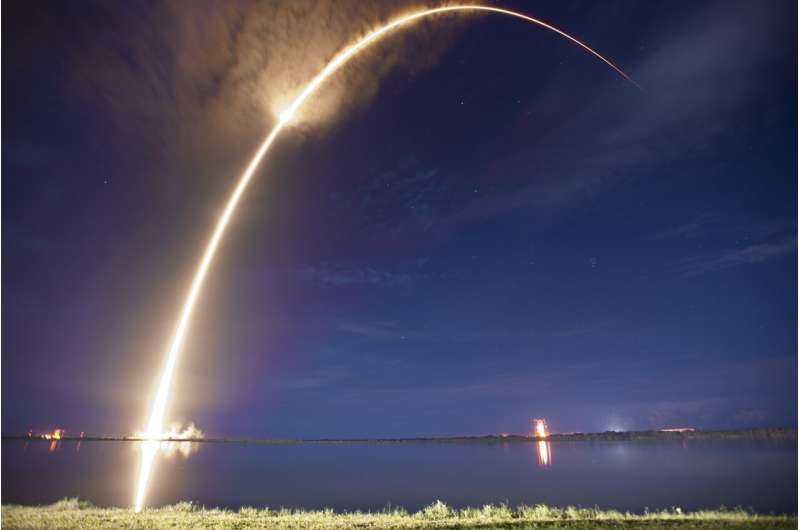
A planned SpaceX launch from Cape Canaveral Space Force Station on Tuesday would mark the Space Coast's 57th launch of the year equaling the record total seen in 2022.
A Falcon 9 with 22 of SpaceX's Starlink internet satellites is slated to lift off from Canaveral's Space Launch Complex 40 at 5:20 p.m. with five backup options from 6:11 p.m. to 8:48 p.m. and six backups on Oct. 18 from 4:55 p.m. to 8:23 p.m.
Space Launch Delta 45's weather squadron forecasts a 95% chance for good conditions, and 90% in the event of a 24-hour delay.
This is the first-stage booster's 16th flight with a planned recovery landing downrange on the droneship Just Read the Instructions in the Atlantic.
For SpaceX it would be the 53rd mission from either Canaveral or Kennedy Space Center this year while United Launch Alliance has flown three times and Relativity Space has flown once. SpaceX is the lone launch provider this year from KSC having flown 11 times while ULA, SpaceX and Relativity combined for what will be 46 launches from Canaveral.
NASA's Lucy spacecraft continues approach to asteroid Dinkinesh
Tuesday, 17 October 2023 17:21